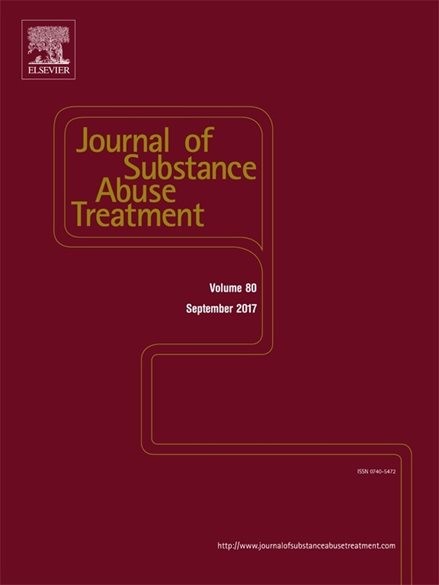Attention and memory deficits in crack-cocaine users persist over four weeks of abstinence


Journal of Substance Abuse Treatment
Volume 81, October 2017, Pages 73-78
https://doi.org/10.1016/j.jsat.2017.08.002Get rights and content
Highlights
- • Crack-cocaine addiction is an important public health problem worldwide.
- • Studies observed persistent cognitive deficits in cocaine users even in abstinence.
- • Cognitive evaluations of 35 individuals with crack-cocaine dependence were performed.
- • A control group of 33 healthy individuals was submitted to the same evaluations.
- • Crack-cocaine group presented persistent attention/memory deficits over abstinence.
Abstract
Background
Crack-cocaine addiction is an important public health problem worldwide. Although there is not a consensus, preliminary evidence has suggested that cognitive impairments in patients with crack-cocaine dependence persist during abstinence, affecting different neuropsychological domains. However, few studies have prospectively evaluated those deficits in different phases of abstinence.
Objectives
The main aim of present study was to examine neuropsychological performance of patients with crack-cocaine dependence during early abstinence and after four weeks, comparing with matched controls.
Methods
Thirty-five males with crack-cocaine dependence, aged 18 to 50 years, who met DSM-IV criteria for cocaine dependence and a control group of 33 healthy men were enrolled. They were assessed through Block Design, Digit Span and Vocabulary of Wechsler Adult Intelligence Scale (WAIS-III), the Rey Auditory Learning Test (RAVLT) and the Verbal Fluency (FAS) between 3 and 10 days (mean of 6.1 ± 2.0 days) and after 4 weeks of abstinence.
Results
Compared to controls, the crack-cocaine dependent group exhibited deficits in cognitive performance affecting attention, verbal memory and learning tasks in early withdrawal. Most of the cognitive deficits persisted after four weeks of abstinence.
Conclusion
Present results observed that the group of patients with crack-cocaine dependence presented persistent deficits affecting memory and attention even after four weeks of abstinence, confirming previous studies that had disclosed such cognitive impairments.

